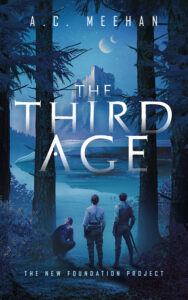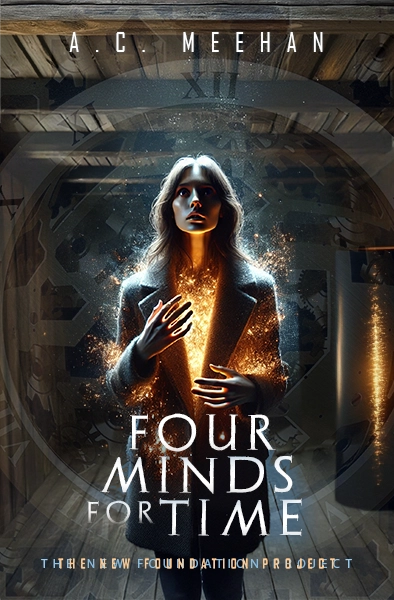Some of you know that I’ve been teaching myself Welsh—or maybe it’s more accurate to say I’ve been trying to learn Welsh—over the past few years. I have no practical reason to do this, but it has been a fun and fascinating journey, even if I never speak a word of the language to another human being. Some of the things I’m enjoying about it are the same things I love about language in general, though it’s also a wonderful challenge and a very cool language. The observation that got me going on today’s topic is that Welsh uses the same word for October and for the autumn season: hydref. Makes perfect sense to me! Quintessential.
That led me to the old thing about how many words for snow exist in languages other than English, and the one about how the ancient world didn’t have a word for blue.
There have been many studies on the connection between language and perception, and in general the answer is yes, it’s easier to perceive something when you have a word for it. I gathered from my quick survey that there’s some hesitation to say it that way, perhaps for fear of implying a judgment, but the effect of this fact is marvelous to me. Here’s an interesting article from psychology today.
Not having the word doesn’t mean Homer couldn’t perceive blue, only that he had to use other descriptive words to express it. It’s what we do when we can’t remember or don’t know a word for something, and it’s one of the beautiful things about language. There are always workarounds, it just may take longer. If we don’t know a one-word description for “gently falling, fine snow that has gone on for hours and is relentlessly accumulating while it hushes the world,” we have to build up the image. I feel like that process is good for the brain. It’s certainly deeply satisfying to a logophile like me. And it’s why I believe in the importance of a rich vocabulary. (Here’s an early blog post on the subject: The Backstreets of Vocabulary.) Knowing more words gives a writer (or anyone) more choices about how to express a thought. You can use poetic description, or precision language, or a combination that enables deeper meaning. You have the verbal resources for stylistic flexibility.
A word-gap doesn’t mean we can’t perceive something. It just means working harder to pin it down or express it. Given our human tendency to make things easy for ourselves, there’s a strong temptation to either find a shortcut (useful) or avoid the concept (impoverishing). When those gaps are filled, though, we gain more than efficiency. We gain depth of understanding and variety in expression.
The efficiency of language—the shortcut option—is the impetus for a lot of loanwords, jargon, and neologisms. Sometimes we crave the precise word so that we can capture a thought more efficiently, so we create or “borrow” a word for that. English does this with astonishing ease, incorporating words from an estimated 350 other languages over the language’s ~1,400-year evolution. Something like 80% of English has come from somewhere other than the original West Germanic language.
Language is enriched this way, since we expand our ability to communicate nuances. It opens new thought-ways for us as well. Perception is a critical part of cognition; if the words we have available influence how readily we perceive something, it seems to follow that knowing the word for that makes us likelier to include that concept in our thought processes. (The general loss and coarsening of vocabulary, which I’ve moaned about before, pull in the opposite direction. The fewer words we have available for ready use, the less precise our thoughts and the less expressive we can be in our communication. That’s where “avoidance” leads.)
It’s one of the reasons I’ve enjoyed writing the voice of Piers Haldon in A Signal for Redemption and the forthcoming second book. He’s a linguist and a word-nerd, and he sometimes uses layers of one-word precision to build a nuanced expression of his thoughts. It’s been fun to have the excuse to trot out some of those passive vocabulary words and some from farther afield. In fact, I try to use one new-to-me word in each book, though at my writing rate that is a very slow way to expand vocabulary. Interesting to note that the word word is one of the 20%. So are slow, learn, new, and book. And and. Some concepts we needed from the very beginning.




